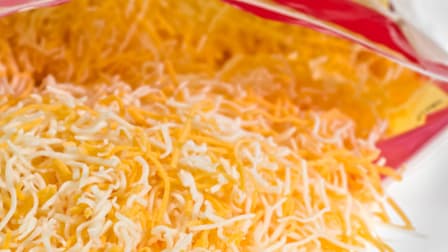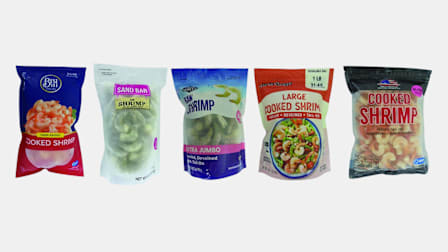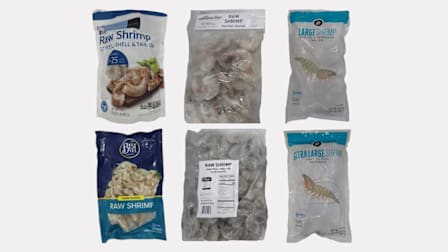Frozen Fruit Sold at Costco, Trader Joe’s, and Other Stores Linked to Hepatitis A Outbreak
Organic frozen strawberries are the likely culprit and have been recalled, the CDC says

Five people have become ill from Hepatitis A, likely due to consuming frozen organic strawberries grown in Baja California, Mexico, according to the Centers for Disease Control and Prevention.
As a result, a variety of brands of frozen organic strawberries sold at Costco and other retailers (see below) have been recalled by the suppliers, Scenic Fruit Co. and California Splendor, Inc. The recall also includes a frozen tropical fruit mix sold at Trader Joe’s that contains strawberries.
The Risks of Hepatitis A
Hepatitis A is a virus that causes liver inflammation. It’s contagious and can be spread person to person through close contact, but also through contaminated food or water. The symptoms include fever, fatigue, stomach pain, diarrhea, vomiting, loss of appetite, dark urine, light stools, yellowing of the skin or eyes, and joint pain.
Not everyone experiences symptoms, and adults are more likely to have them than children, according to the CDC. When symptoms do develop, it’s usually two to seven weeks after infection. The illness can last several months, but most people recover without liver damage. However, in some people, particularly the elderly and those with a compromised immune system, Hepatitis A can lead to liver failure and death.
What If You Ate These Berries Already?
People who have been vaccinated against Hepatitis A should be protected. If you aren’t vaccinated and ate the berries within the past 14 days, the CDC advises contacting your doctor or local health department to see if a vaccine would be helpful. When given within two weeks of infection, the vaccine can prevent illness. And if you have symptoms or are concerned, see your doctor.
Editor’s Note: This article, originally published on March 18, 2023, has been updated with lot codes and best by dates for the Kirkland strawberries from California Splendor, Inc. involved in this recall.




















